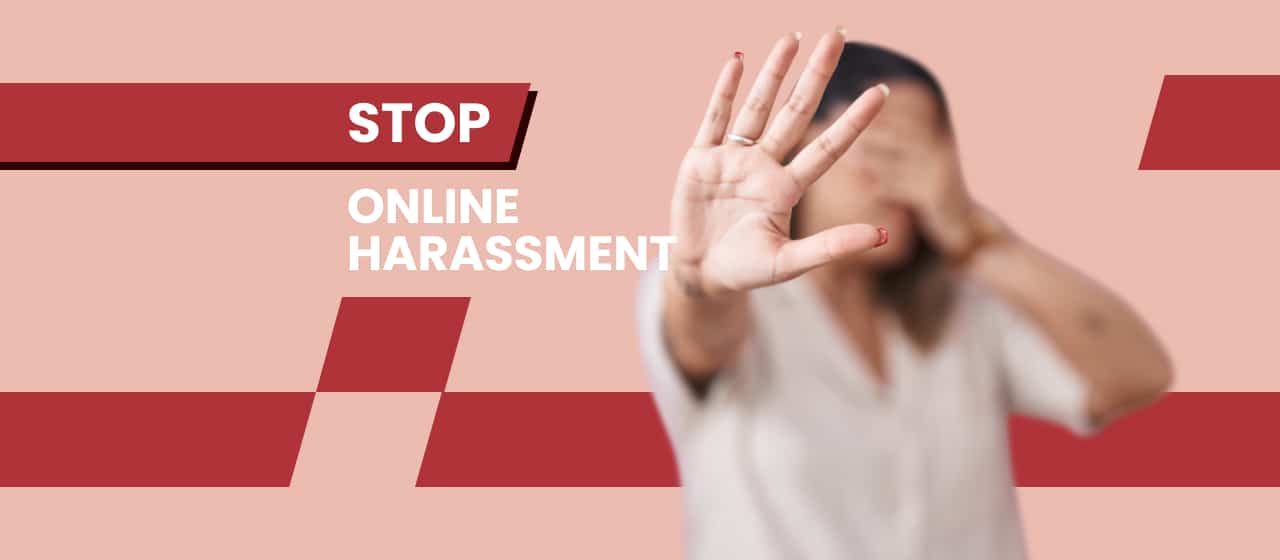Online sexual extortion, also known as sextortion, has become a global problem. It is an act of blackmail where an individual or organization demands sexual favors or money from another person in exchange for not releasing their intimate photos, messages, or videos online. This form of cybercrime can be traumatizing, emotionally distressing, and socially damaging, leaving the victims feeling embarrassed, exposed, and vulnerable.
Will a sextortionist give up?
Sextortionists are determined criminals who don’t give up so easily when it comes to blackmail. Since they have successfully obtained their victims’ nude content, they have no reason to give up when they know their victims’ are more than willing to do anything to avoid exposure. They will continue to harass their targets through text messages, social media, phone calls, and emails and find various ways to get their victims’ attention.
It is rare for sextortionists to give up if they are ignored, but it does happen. This solely depends on the type of criminal. There could be a blackmailer who isn’t worried about their plan succeeding or not because they have a list of other victims they can get money from. However, we have seen and dealt with cases where these criminals refuse to move on until they have what they demand. They will continue to harass their victims or even follow through on their threats and expose
Do sextortionists actually follow through?
First and foremost, it’s essential to understand that sextortionists are criminals, and like most criminals, they are difficult to predict.
While some sextortionists might not go through with their threats because they simply want to scam people out of their money, others might choose to follow through because they feel it will give them more control over their victims.
Moreover, hackers who have gained access to personal information or explicit materials might choose to release them out of sheer malice or cruelty. Therefore, it isn’t easy to generalize what could happen.
However, it’s worth noting that sextortionists who follow through on their threats can face severe legal consequences. The act of releasing personal information or explicit media without someone’s consent is illegal and can result in criminal charges and steep fines. Therefore, hackers who want to extort people for money might be less inclined to take the risk of actually releasing the information, as the consequences could be dire.
In some cases, sextortionists might only release the images or videos to a person’s immediate contacts rather than making them public on the internet. This can be just as damaging as it can lead to a victim’s humiliation and embarrassment in their social circles. There have been countless cases of young people being bullied or ostracized after intimate content was leaked to their classmates, putting them at risk of depression and even suicide.
While sextortion can happen to anyone, it’s essential to recognize that certain groups are more vulnerable. Young people who are exploring their sexuality online are particularly vulnerable to sextortion because they might be less likely to recognize the risks and might share too much personal
information with strangers. Additionally, members of the LGBTQ+ community, especially those living in countries with oppressive laws against homosexuality, are at risk of being targeted and blackmailed with explicit media.
How to report sextortion
The first step is to report the incident to the police. You can do this through your local law enforcement agency, cybercrime units, or even the FBI. If the offender is located in a different state or country, you will need to report it to both your country’s authorities and their law enforcement as well.
Remember, don’t let the fear of shame or judgment hold you back from seeking help. Reporting online blackmail can help prevent future victims and bring justice to those who commit these heinous crimes.
Sextortion is a serious issue that affects everyone. However, by following these tips, you can better protect yourself from this type of exploitation. Remember, never pay the ransom, block the extortioner, be cautious with your social media presence, use strong and unique passwords, and use a virtual private network. Stay safe and stay smart!







